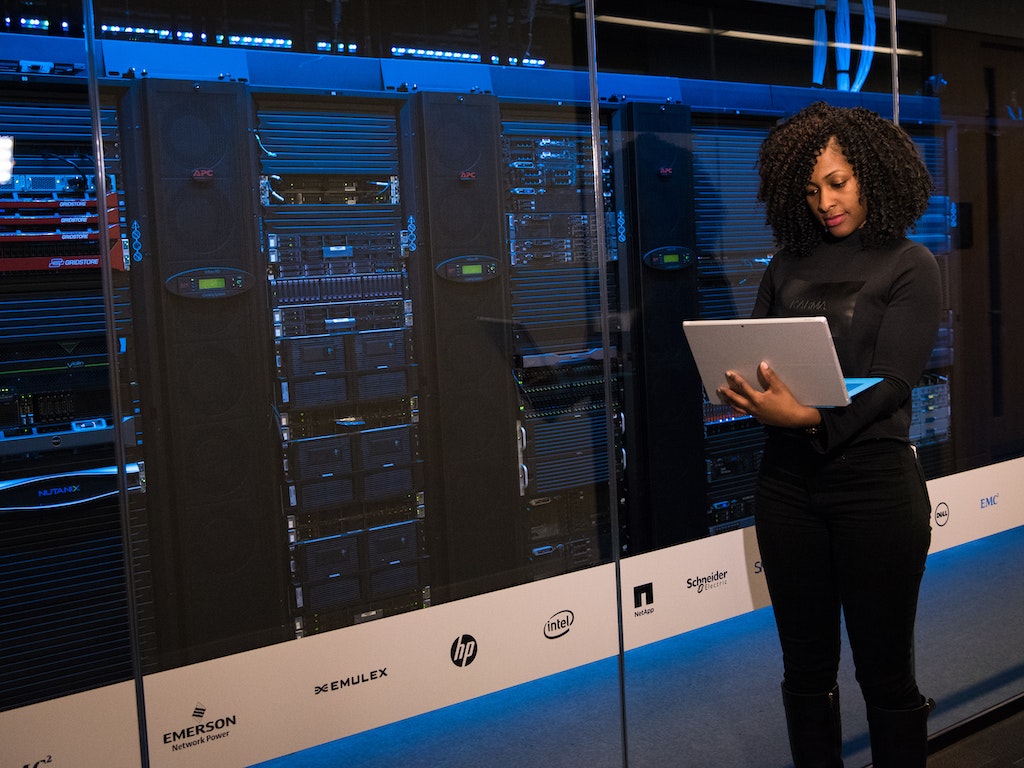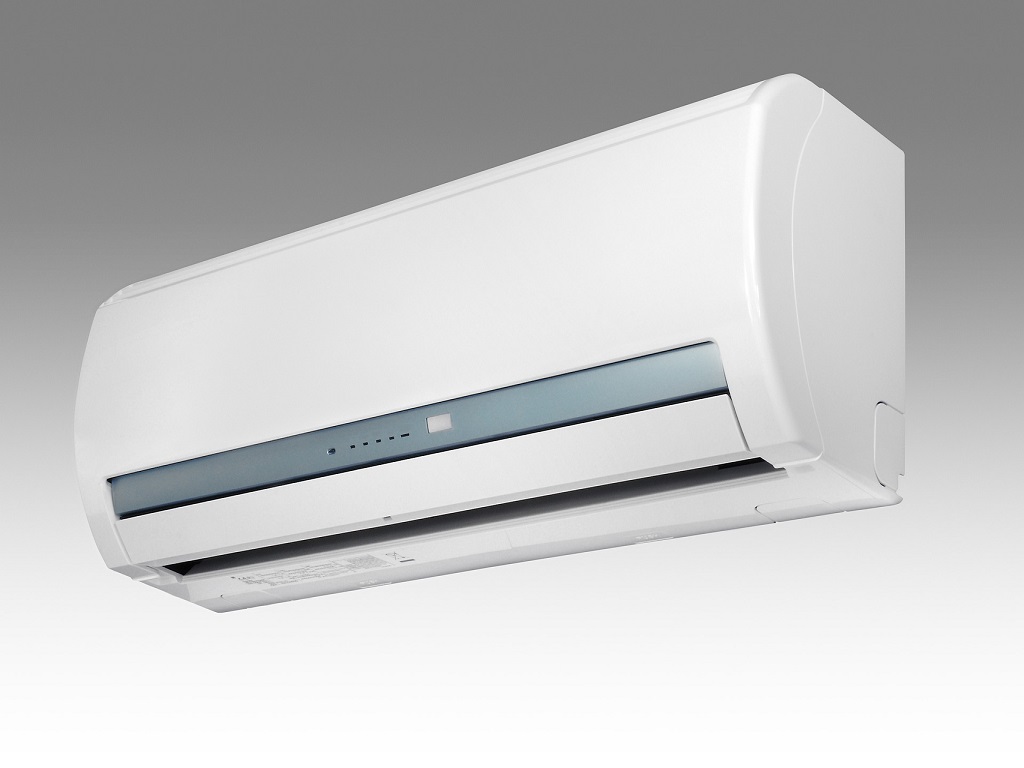
Environmental sustainability is of utmost importance today. Individuals and businesses seek eco-friendly alternatives in every aspect of their lives, including technology. Laptops, an essential tool in the modern workspace, can significantly impact the environment. Below we will look at the environmental implications of laptops and highlight the benefits of choosing eco-friendly options for a more ethical workspace.
How Does Your Laptop Impact the Environment?
Laptops, like many other electronic devices, have a considerable environmental footprint. The production, usage, and disposal of laptops contribute to carbon emissions, energy consumption, and electronic waste. Here’s how your laptop impacts the environment:
– Energy consumption: Laptops consume electricity during use, contributing to greenhouse gas emissions from power generation. Laptops that aren’t energy-efficient have a higher carbon footprint due to excessive power consumption.
– Resource extraction: Manufacturing laptops involves extracting various resources, including metals and minerals. Mining activities destroy natural habitats and lead to soil erosion and water pollution.
– Electronic waste: Laptops, when disposed of improperly, contribute to electronic waste. This waste often contains hazardous substances such as lead, mercury, and cadmium. These substances contaminate soil and water, posing risks to human health and the environment.
Benefits of Eco-Friendly Laptops
Choosing eco-friendly laptops offers several benefits that align with a sustainable and ethical workspace:
– Energy efficiency: Eco-friendly laptops are energy-efficient, consuming less power during operation. This reduces carbon emissions, helps conserve energy resources, and lowers electricity bills.
– Sustainable materials: Eco-friendly laptops prioritize using sustainable and recyclable materials. They incorporate post-consumer recycled plastics, aluminum, and other eco-friendly components, reducing reliance on virgin resources and minimizing waste.
– Extended lifespan: Eco-friendly laptops are built to last, promoting durability and longevity. This also reduces the need for frequent upgrades and replacements, saving resources and reducing electronic waste.
– Repairability: Many eco-friendly laptops have modular designs and easily accessible components, allowing for repairs and upgrades. This extends the device’s lifespan, reduces electronic waste, and supports a circular economy.
– Responsible disposal: Eco-friendly laptop manufacturers have recycling programs or partnerships with electronic waste management organizations. This ensures proper disposal and recycling of the laptop at the end of its life cycle, minimizing environmental harm.
Consider devices with a TCO certification if you want a good sustainable laptop. Created by the Swedish Confederation of Professional Employees, it’s one of the world’s most trusted certifications. Companies must meet various social and environmental sustainability criteria throughout the laptop’s lifecycle to get this stamp of approval.







